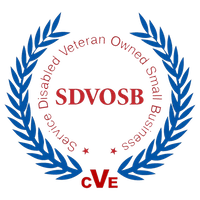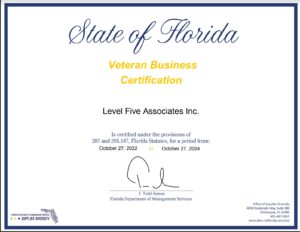Have you ever worked for a boss who was a not a good listener? Did he or she have all the answers and for whatever reasons, didn’t solicit your ideas and feedback? Did you feel disrespected? In this toxic environment, were you empowered and encouraged to exercise initiative? Did you feel compelled to do whatever it took to ensure your company was successful? Did you act like an owner or just go along?
One of the most important Big Six® principles is developing the skill to listen. One is not born a good listener and you have to work at it. My mother used to say “God gave you two ears and one mouth for a reason,” and as moms tend to be, she was exactly right. That said, we are raised in a world where people think the more you say, and the louder you say it, the better leader you are. Along the way, mentors have coached us to “never pass up an opportunity to keep your mouth shut”. In an environment where listening is subordinated to talking, initiative is stifled, good ideas are never sought – much less considered – opportunity is lost. Too often, organizations led by leaders with poor listening skills fall far short of potential. Listening is a prerequisite to establishing a high performing culture defined by empowerment and initiative.
When a leader sets the example and brings listening skills to an organization, team members respond in dramatic fashion. One of our favorite Army leaders who understood the value of listening was Lieutenant General retired Don Holder. As a thought leader in the doctrinal shift to decentralized operations and empowerment, he impacted two generations of Army leaders. As commander of the famed 2nd Cavalry Regiment in the late 1980’s, General (then Colonel) Holder faced a critical challenge – how to train and maintain a keen level of combat readiness among his 5,000 soldiers on the West German/Czech border, facing the massive Warsaw Pact armor formation literally within eyesight across the border, defined by concertina wire and minefields. On short notice in late 1990, he deployed the regiment from Germany to Saudi Arabia in a matter of weeks, trained for desert warfare, then led the VII Corps to defeat the Iraqi army in Operation Desert Storm. Ultimately, the 2nd Cavalry would see some of the heaviest fighting of that war, smashing an Iraqi unit four times its size in decisive armored desert combat. General Holder’s teammates seized the initiative and were more inclined to ask forgiveness than permission. He was a very good listener.
General Holder arrived in Germany to command the Regiment without much fanfare, and as he visited each unit along the border, we soon knew that here was a different cavalry commander. Where his predecessor had insisted on fanfare, loudspeakers, music, and podium speeches whenever he came to visit us, Don Holder arrived quietly, went straight to the junior soldiers, and asked questions. He took notes on the answers he got, and never interrupted them as they answered. He looked them right in the eye, asked good questions and listened intently. It was clear he wanted to understand who we were, what we thought, and he valued our input. Soon, ideas emerged. Morale began to skyrocket – everyone wanted to in the 2nd Cavalry. Colonel Holder told us repeatedly “Do what you think is the right thing to do; stay within my intent, and you will be OK.” When Don Holder spoke, we listened. When we spoke, he listened. His first step in almost every situation was to ask, “What do you guys think we should do?” With the exchange of ideas now a part of the culture, those of us in the regiment under General Holder’s command learned a key lesson thanks to the personal example of his listening skills – and it paid off many times over on the battlefield.
Leaders who listen intently create a climate of dignity and respect. Team members feel valued when their ideas are sought and recommendations are taken seriously. None of us have all the answers, but when you combine the ideas and collective energies of the entire team and encourage initiative, amazing results can be achieved. Two heads are always better than one. Level Five Associates can help you grow your organization to be defined by a culture of excellence where teammates treat each other with dignity and respect, good ideas of any member of the team are embraced, and results speak for themselves. It all starts with listening.





